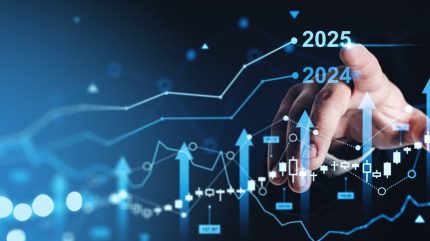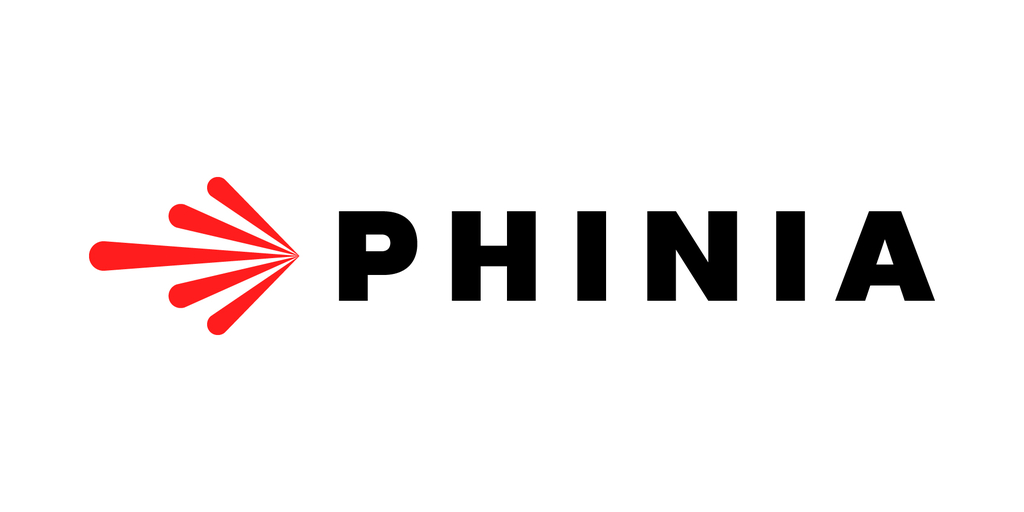
Despite a year of political and economic uncertainty, 2024 marked a year of rapidly developing artificial intelligence (AI), a topic that remained at the forefront of boardroom strategy discussions, as did cybersecurity, cloud computing and robotics among others. But with so many competing avenues for innovation, technology decision makers have much to reflect on. With this in mind, Mining Technology‘s sister publication Verdict looks at some of the top technology investment trends to watch in 2025.
Artificial intelligence
The global AI market will be worth over $1trn by 2030, according to estimates by research and analysis company GlobalData. AI remained the most talked about technology trend of 2024 and will continue to attract investment and focus throughout the coming year despite challenges that include rising data centre demand, increased hardware costs, and limited availability of graphic processing units, according to GlobalData’s Tech Predictions 2025.
The report predicts that 2025 will see many companies choosing to build their own AI systems using small language models (SLMs) to address specialised business functions. SLMs typically have 10 billion parameters, compared to three trillion for
the average LLM making them cheaper and less vulnerable to data breaches as they can be deployed on-site. SLMs like the newly released Hugging Face SmolLM and Microsoft Phi-3 family also present fewer legal risks regarding data handling and copyright issues because obtaining licenses for training material is easier.
Agentic AI will also be a top priority for tech companies in 2025, predicts GlobalData. Agentic AI has the capacity for memory and reasoning beyond data within an LLM. In April 2024, Alibaba Cloud launched a marketplace of over 200 AI-powered agents for its DingTalk workplace communication platform. In September 2024, Microsoft and Cisco announced that AI agents will be a core part of their AI strategy.
AI chips will become more of a focus in 2025 with GlobalData predicting that the industry will invest heavily in new chip architectures and materials. Big Tech will continue to develop AI chips in-house as the semiconductor talent dearth worsens.
Cloud computing
According to GlobalData forecasts, the global cloud computing market will grow by 14.3% from $821bn in 2024 to $939bn in 2025. Software-as-a-service is expected to generate 40.9% of the total market revenue in 2025, while infrastructure as-a-service and platform-as-a-service (will each contribute 12.5%).
Access the most comprehensive Company Profiles on the market, powered by GlobalData. Save hours of research. Gain competitive edge.

Your download email will arrive shortly
We are confident about the unique quality of our Company Profiles. However, we want you to make the most beneficial decision for your business, so we offer a free sample that you can download by submitting the below form
By GlobalData
Communications-platform-as-a-service (CPaaS) will be a high-growth area for cloud, according to GlobalData, allowing businesses to integrate advanced communicative features into their existing applications, streamlining the integration of their products or services. According to the company’s CPaaS competitive landscape assessment, Infobip, an omnichannel communication provider, and Twilio, a cloud communications company, are industry leaders. Market competition will continue to increase in 2025 as more industries adopt this technology.
In addition, cybersecurity will remain a top priority for all cloud vendors in 2025, not least as new data privacy regulations are increasing pressure on organisations to safeguard critical information, such as encryption.
Cybersecurity
The cybersecurity market will be worth $208.5bn in 2025, up 10% from $188.8bn in 2024, according to GlobalData. AI-enabled attacks will increase in sophistication with hacking groups likely to use large language models (LLMs) trained on malware to target their attacks more effectively. GlobalData predicts a difficult year ahead for cybersecurity vendors and users as they learn more about how to address AI-led attack.
AI and ransomware as a service (RaaS) are enabling non-technical threat actors to stage sophisticated attacks. GlobalData predicts that the frequency of this attack style will likely increase in 2025 and beyond.
Mandatory cyber attack reporting will increase and GlobalData predicts that all EU member states will adopt the bloc’s Network and Information Security directive for tighter cybersecurity obligations by the end of 2025.
Climate tech
The requirement for greater compute power and mandatory ESG reporting requirements will drive growth within the climate tech industry. According to the International Energy Agency, data center electricity demand alone is projected to increase by up to 160% to 623 terawatt hours by 2030. This will drive Big Tech towards nuclear power solutions. Microsoft plans to reopen the Three Mile Island nuclear facility, while other data centre hyperscalers have announced energy supply deals with small modular reactor providers.
In addition, GlobalData predicts that environmental monitoring tools will become integral as businesses are increasingly required to meet ambitious net zero targets. These tools help businesses comply with regulations, address data-sharing challenges, evaluate energy efficiency, and track emissions
Robotics
The robotics industry is seeing a ‘Cambrian explosion’ with the confluence of a number of factors, including the rapid development of cloud computing and AI. The global robotics industry will grow from $76bn in 2023 to $218bn in 2030 at a compound annual growth rate (CAGR) of 14% between 2023 and 2030.
Advances in AI, machine learning, computer vision and natural language processing are driving the adoption of autonomous robots, which is key to the growth of the service robot market. Industrial robots are already being used in the manufacturing sector to automate manufacturing processes, whereas service robots are designed as human aids in domestic or non-industrial settings.
According to GlobalData, Chinese companies will continue to gain market share in 2025 with high domestic demand for robots and the country’s status as a key manufacturer.



